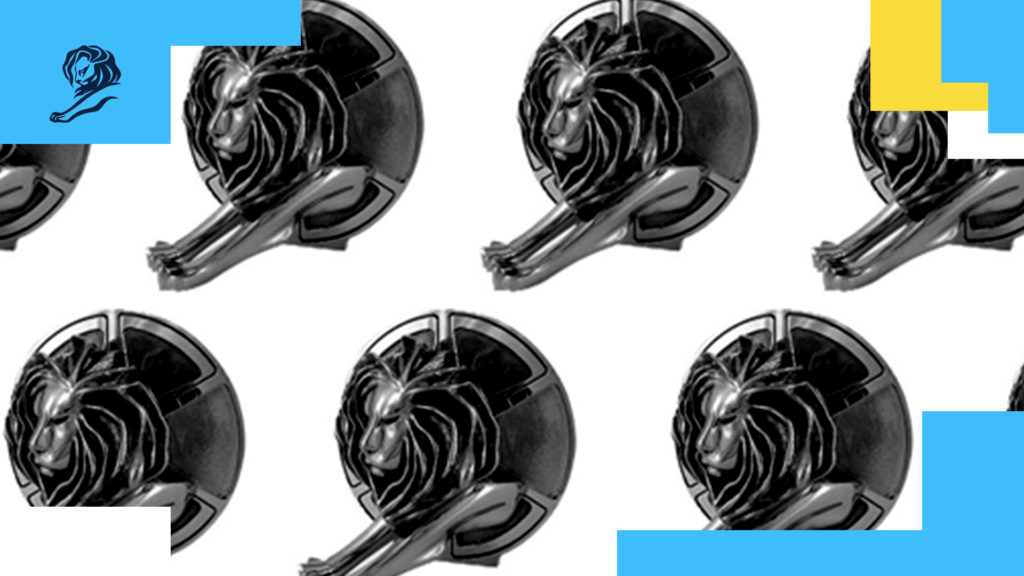Written by Steven Wong
This year, Cannes Lions is working to make the festival more relevant for brands and agencies, putting the correlation between creativity and share price front-and-center.
“Creatives are at the heart of the festival,” said Charlotte Williams, content director for Cannes Lions, “and [we’re] making sure that it’s all focused on the work rather than the celebrities.”
In previous years celebrities like Kim Kardashian and Demi Lovato were invited to be speakers at Cannes Lions, but in 2018 the festival is taking a step away from celebrity to make room for brand creatives from Amazon, Apple and Uber, which are first-time speakers at the event. Rising Chinese companies such as Tencent, Alibaba and iProspect, whose global impact is being felt, will also be present.
Given that the event’s core audience is creative agencies that want to connect with clients, attracting more brand advertisers was a “no-brainer” for further distinguishing Cannes from other marketing festivals and conferences.
“We’ve designed a program where more creatives are put on stage—more people responsible for the work—than before. We thought it was better to have the creators and brand marketers on stage” explained Williams.
The festival is expecting over 70 brands in attendance, sharing their approaches to make creativity work and ROI for their marketing efforts. Cannes Lions is also being streamlined from eight to five days with its content and awards organized around nine different tracks that cover sectors such as communication, craft, entertainment, experience, impact and reach.
Cannes is also hosting an inaugural Marketers’ Summit developed in coordination with the Association of National Advertisers (ANA) to discuss predictions and trends.
“It’s about the sweet spot of creative effectiveness—seeing the value of creative work, and how it can drive growth,” said Williams about the Summit.
Exclusive to marketers, The Marketers’ Summit will include a closed-door event called the CMO Growth Council, an initiative by the ANA where about 30 marketers sit together and discuss issues that include measurement, brand purpose, the future of marketing and more.
The event is attracting some notable marketers to speak, including Procter & Gamble’s chief brand officer Marc Pritchard, and Matt Biespiel, the former McDonald’s senior director for global brand development, who is helping to curate the Cannes Lions Masters program for brands with a focus on future consumer trends.
Williams said that the festival will continue addressing ongoing themes such as diversity, especially with the rise of initiatives such as #MeToo and #TimesUp, with submissions around LGBTQ topics, toxic masculinity and the role of brands in social movements.
“We’re looking more at the measurement of diversity initiatives and the hard end of it,” said Williams.
An example of this is a session hosted by HP and Omnicom Group which will discuss how data measurement can help businesses improve their diversity initiatives, thereby enhancing their creative output and become more relevant to customers.
On the technological side, the application of blockchain and the opportunities it presents for the creative industry is a major focus at Lions Innovation. Augmented reality will have a strong presence, where virtual reality and artificial intelligence were the primary technological themes of previous years.
Other major topics include future consumers, and how marketers can be everywhere at once and personalize at scale.
Meanwhile, the Entertainment track will cover how brands can better collaborate and co-create with artists from music, film and more.
According to Williams, this year’s show is more feature-facing in terms of predictions and trends, with a strong focus on people taking away tangible learnings from each session.
The evolution of the Cannes Lions Festival to remain relevant for its attendees is in step with the changing marketing landscape.
“Creativity is about more than just creative agencies nowadays, and I think everyone would agree that there are more players,” said Williams.
“There are entertainment companies, new production houses, up-and-coming shops, technology providers, innovators and startups. It’s about recognizing all the different players in the ecosystem, which is much more complex than it was 10 years ago.”

